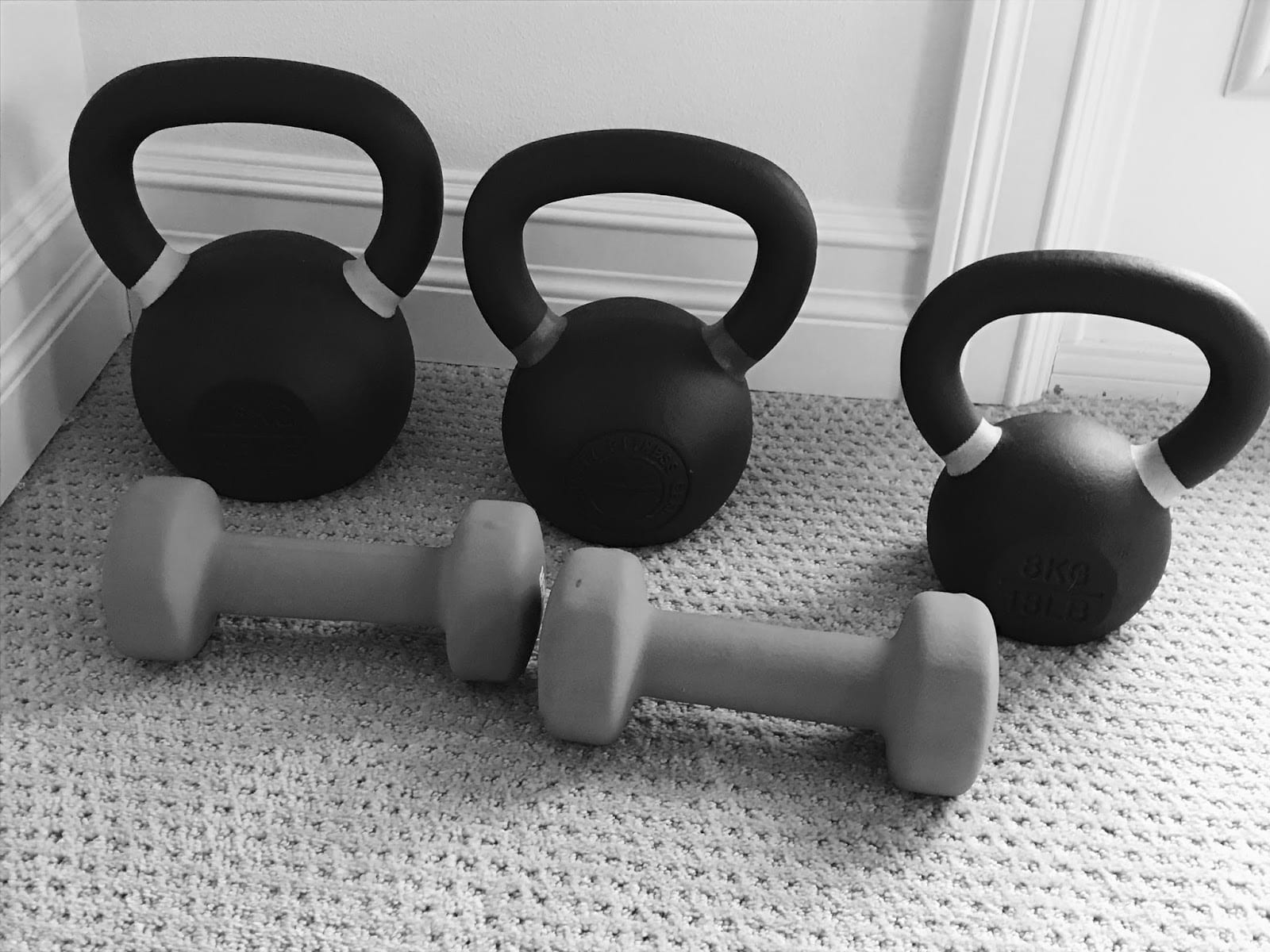
Part One is here.
This one’s for Birdie.
Oh, Birdie. I don’t know you, but I know you. We’ve never met, but I hear you.
Birdie left a comment on the previous post that I’ll excerpt. She wrote, in reference to seeking professional help to process the trauma she experienced as a child, “…I can’t be helped and soul destroying because it means I am really messed up. I am so afraid of opening Pandora’s box and becoming unable to deal with what lies waiting. But I am tired. Tired of never being happy. Tired of always feeling anxious. Tired of always, always being afraid.”
Talk about ‘bringing the whole house down.’ That’s what compartmentalizing does to us. It makes us feel safe for the moment, but it ultimately destroys us from the inside out. Because when we hide those things away – either for later or for what we think is forever – we deprive ourselves of community and support.
Human beings are social creatures. We are designed to live with each other. Our bodies respond on a molecular level to touch and interaction from each other – our adrenal glands activate, our neurological systems light up, we secrete hormones that make us feel safe and loved and happy when we let ourselves share experiences with other people (and animals – never underestimate the power of a soft, furry creature to snuggle up to).
But when we wall of parts of our human experience, we relegate ourselves to holding what are often the most traumatic and painful things all by ourselves. It is akin to telling everyone that we would like their help carrying the 20lb. box of papers but that they can go home after that because we’ll figure out how to lug that 200lb. desk in the corner alone. Or not at all. There are so many reasons we do that – shame, denial, overwhelm. We hate that desk. Maybe we will just leave it there and never look at the corner where it sits, heavy and ugly.
It is counterintuitive to expect ourselves to bear the heaviest weights alone. We can’t do it, no matter how much we want to or how hard we try. And we aren’t designed for it. But when we compartmentalize, that’s what we’re setting ourselves up for – isolation, solo work.
So, Birdie, if you’re reading this, know that even as you wait for a therapist who is the right one to help you work through that pile of stuff you’ve hidden in the corner, you aren’t alone. While it’s important to find skilled counselors to help us dig through the deepest traumas, in the meantime, there are people out there who will help you support the weight of what you’ve got sitting there. Let them. Don’t worry about whether they’ll get something on their clothes. Don’t think about how it smells or what it looks like. Just know that, together, we can bear so much more weight than we think we can, and that there are people out there who care for you who would like nothing more than to hoist up a corner and take some of the pressure off of you. That’s how we’re designed. That’s what we do for each other. And while it takes some practice (often, years of practice), that feeling of relief that you get when others come along to help bear the load is the beginning of healing.
Thank you for your courage.
You will get there from here. I know it. You won’t do it alone, but that’s the sweetest part of this. You’ll discover, along the way, which of your friends and family is really great at unpacking, cleaning up, and showing up. Let them. Don’t apologize. It’s how we’re designed. Embrace it and know that you were never supposed to hold all of this by yourself.


